Headline inflation, as measured by the year-on-year (Y-o-Y) change in the Colombo Consumer Price Index (CCPI, 2013=100), decreased to 5.7 per cent in September 2021 from 6.0 per cent in August 2021. This was due to the statistical effect of the high base prevailed in September 2020. Subsequently, Food inflation (Y-o-Y) decreased to 10.0 per cent in September 2021 from 11.5 per cent in August 2021, while Non-food inflation (Y-o-Y) increased to 3.8 per cent in September 2021 from 3.5 per cent in August 2021.
The CCPI, measured on an annual average basis, increased to 4.5 per cent in September 2021 from 4.3 per cent in August 2021.







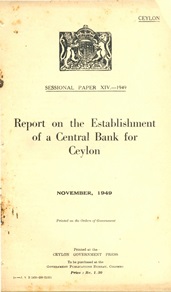
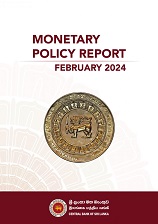
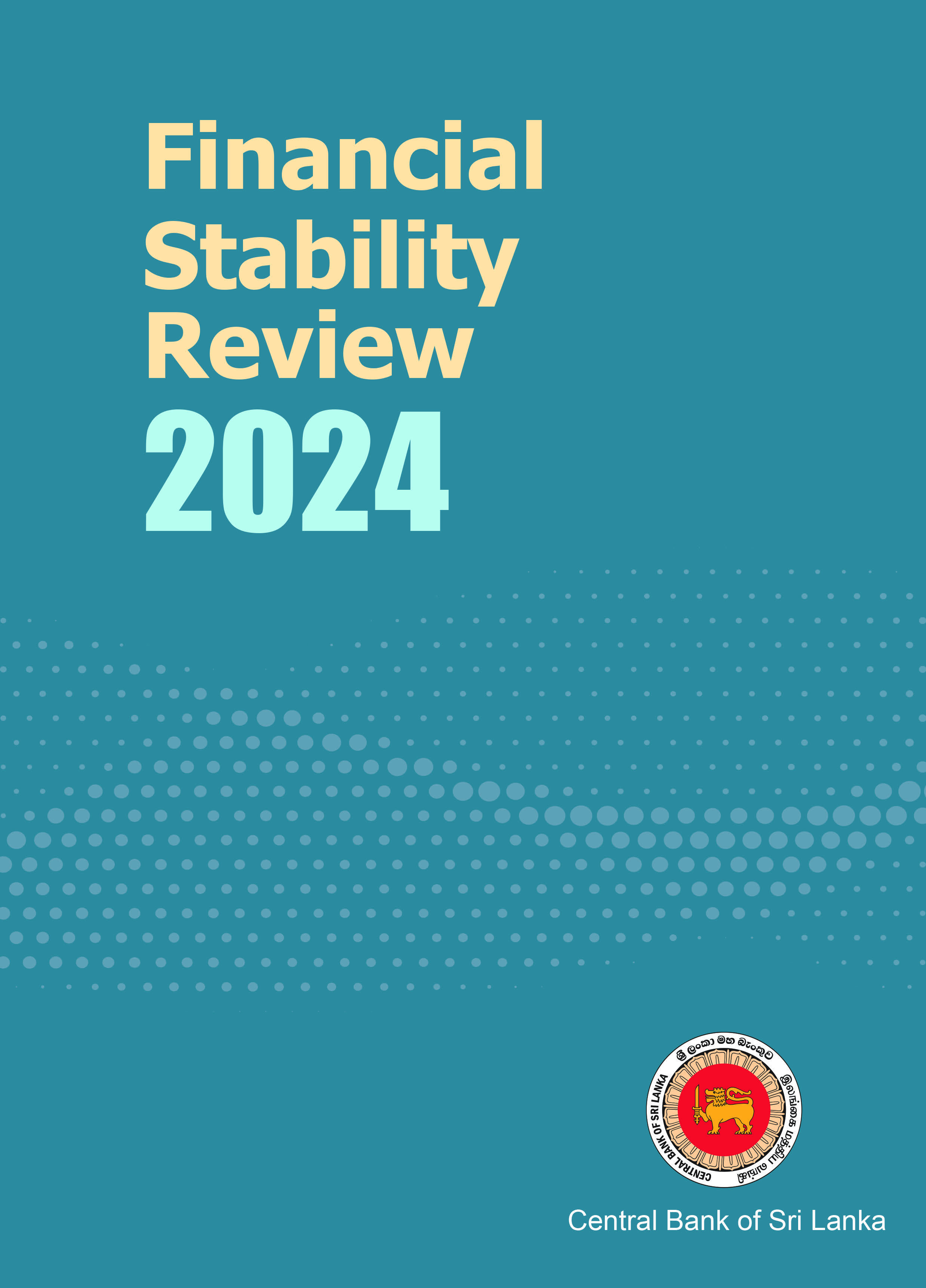
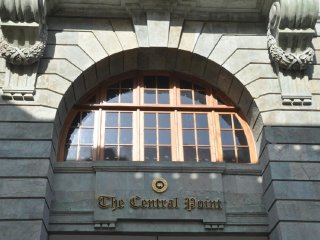
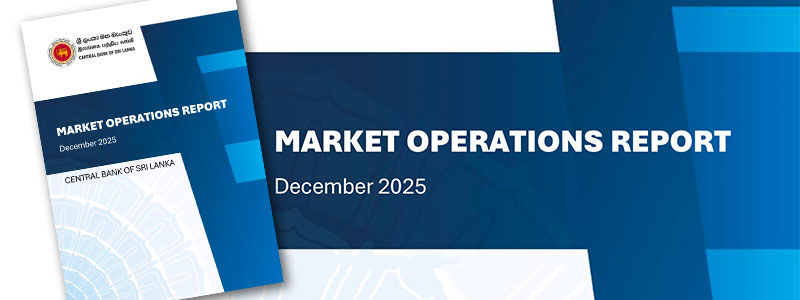
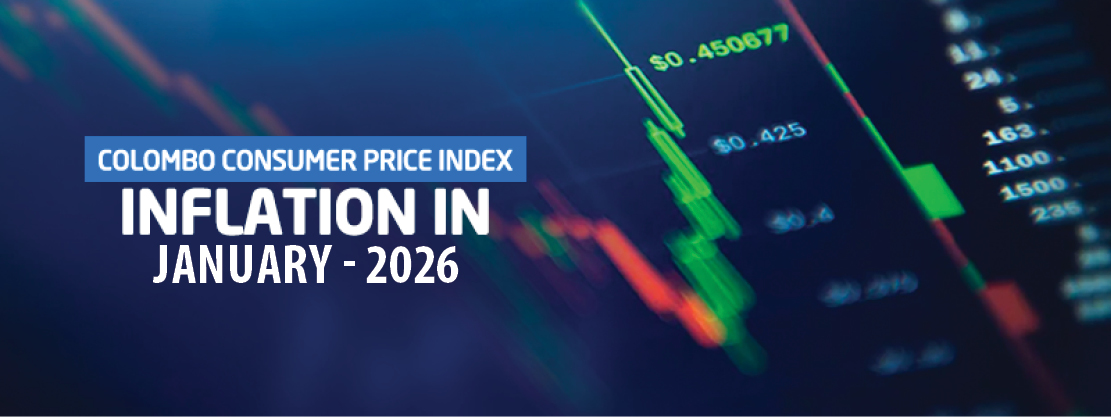


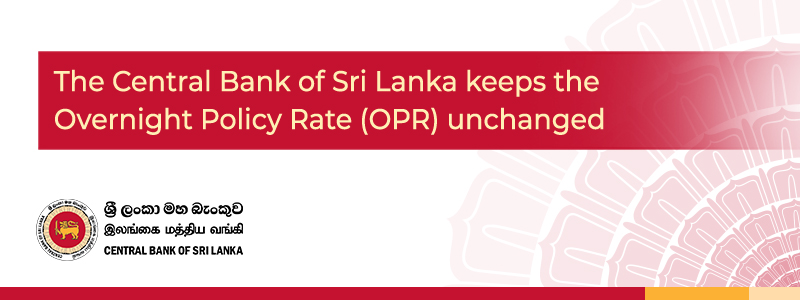

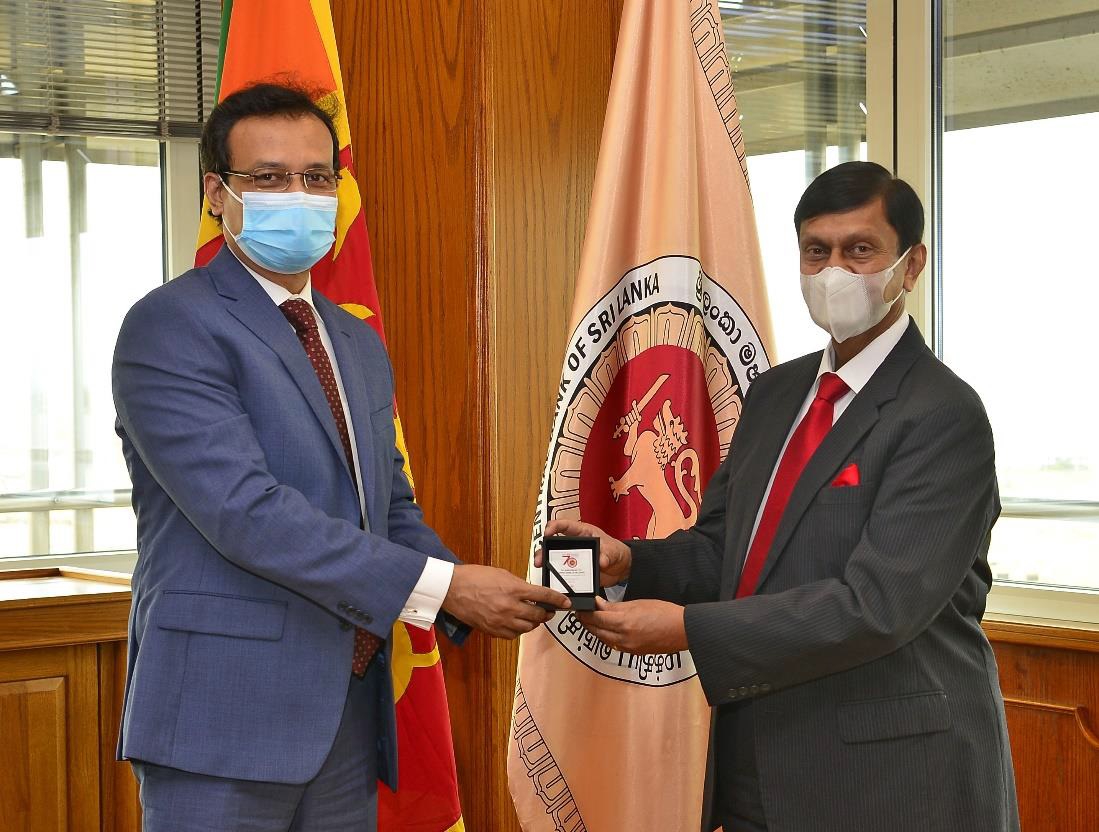 The Governor of the Central Bank of Sri Lanka, Mr. Ajith Nivard Cabraal met with Bangladesh High Commissioner to Sri Lanka, His Excellency Tareq Md Ariful Islam today, to discuss strengthening of economic ties and greater utilization of the Colombo Port for Bangladesh exports.
The Governor of the Central Bank of Sri Lanka, Mr. Ajith Nivard Cabraal met with Bangladesh High Commissioner to Sri Lanka, His Excellency Tareq Md Ariful Islam today, to discuss strengthening of economic ties and greater utilization of the Colombo Port for Bangladesh exports.